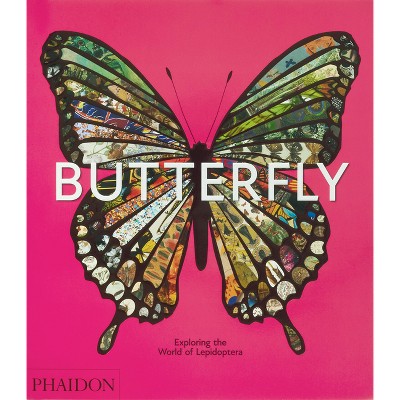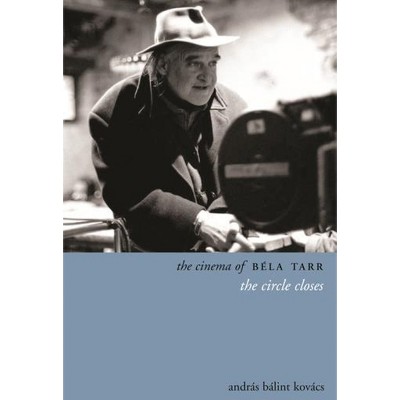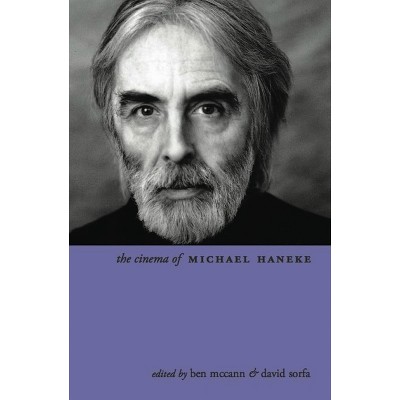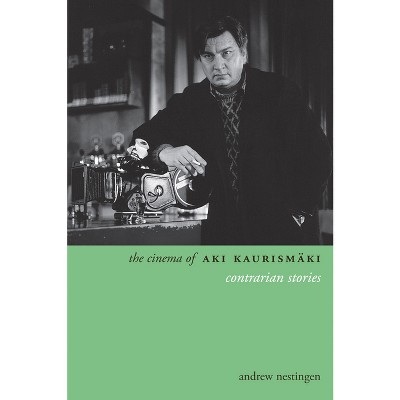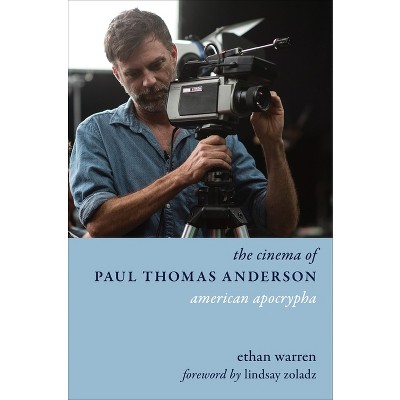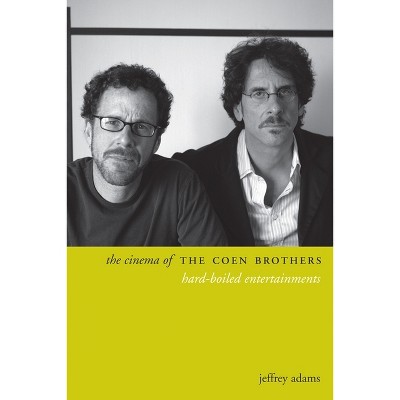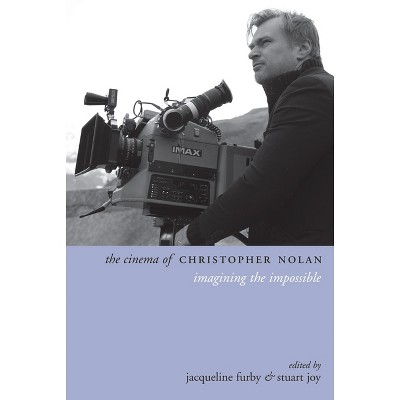Sponsored

The Cinema of James Cameron - (Directors' Cuts) by James Clarke (Hardcover)
In Stock
Sponsored
About this item
Highlights
- This timely volume explores the massively popular cinema of writer-director James Cameron.
- About the Author: James Clarke is a UK-based film writer, contributing to numerous cinema-related publications.
- 186 Pages
- Performing Arts, Film
- Series Name: Directors' Cuts
Description
About the Book
Explores the massively popular cinema of writer-director James CameronBook Synopsis
This timely volume explores the massively popular cinema of writer-director James Cameron. It couches Cameron's films within the evolving generic traditions of science fiction, melodrama, and the cinema of spectacle. The book also considers Cameron's engagement with the aesthetic of visual effects and the 'now' technology of performance-capture which is arguably moving a certain kind of event-movie cinema from photography to something more akin to painting. This book is explicit in presenting Cameron as an authentic auteur, and each chapter is dedicated to a single film in his body of work, from The Terminator to Avatar. Space is also given to discussion of Strange Days as well as his short films and documentary works.
Review Quotes
Informative, interesting, and effective.... Reading James Clarke's The Cinema of James Cameron: Bodies in Heroic Motion helps readers to appreciate [Cameron's] influence and proves to be an intriguing experience.--Film Matters
Examines Cameron's place in the transitional paradigm of a post-analogue, posthuman, and painterly cinema where impossible bodies are rendered through reassuringly old-fashioned narrative and spectacular conventions that have made his films the biggest on the planet. This comprehensive study outlines how his enduring fascination with bleeding-edge technology has both caught the public imagination and time and again proved a touchstone of the zeitgeist.--Harvey O'Brien, University College Dublin
About the Author
James Clarke is a UK-based film writer, contributing to numerous cinema-related publications. He has also taught Film Studies and designed Screenwriting courses at UK universities.Shipping details
Return details
Frequently bought together

Trending Non-Fiction








